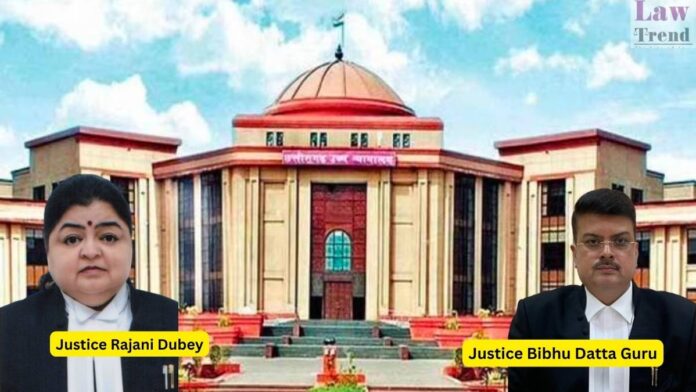The Chhattisgarh High Court, in a significant decision delivered on November 20, 2024, reaffirmed the limited scope of contempt jurisdiction, stating that courts must adhere to their prescribed boundaries and refrain from issuing fresh directives that go beyond compliance with prior orders. The Division Bench comprising Justice Rajani Dubey and Justice Bibhu Datta Guru ruled
To Read More Please Subscribe to VIP Membership for Unlimited Access to All the Articles, Download Available Copies of Judgments/Order, Acess to Central/State Bare Acts, Advertisement Free Content, Access to More than 4000 Legal Drafts( Readymade Editable Formats of Suits, Petitions, Writs, Legal Notices, Divorce Petitions, 138 Notices, Bail Applications etc.) in Hindi and English.




